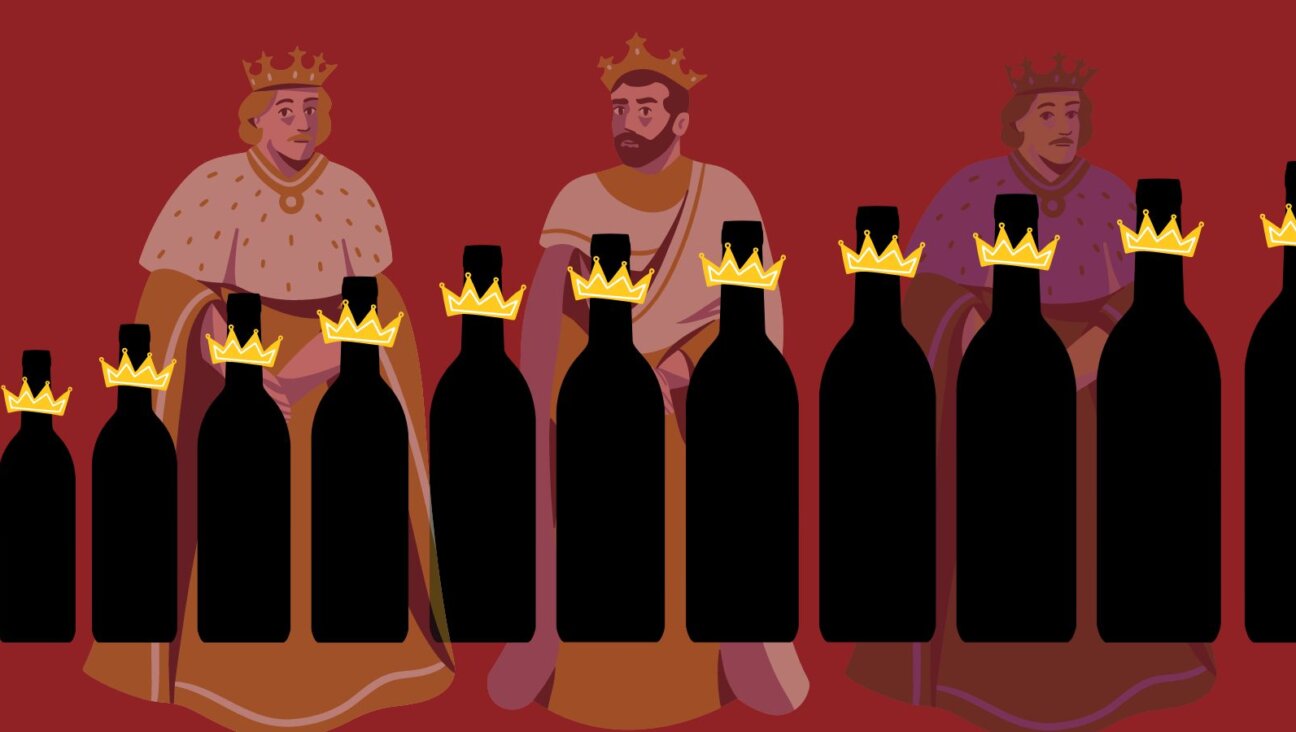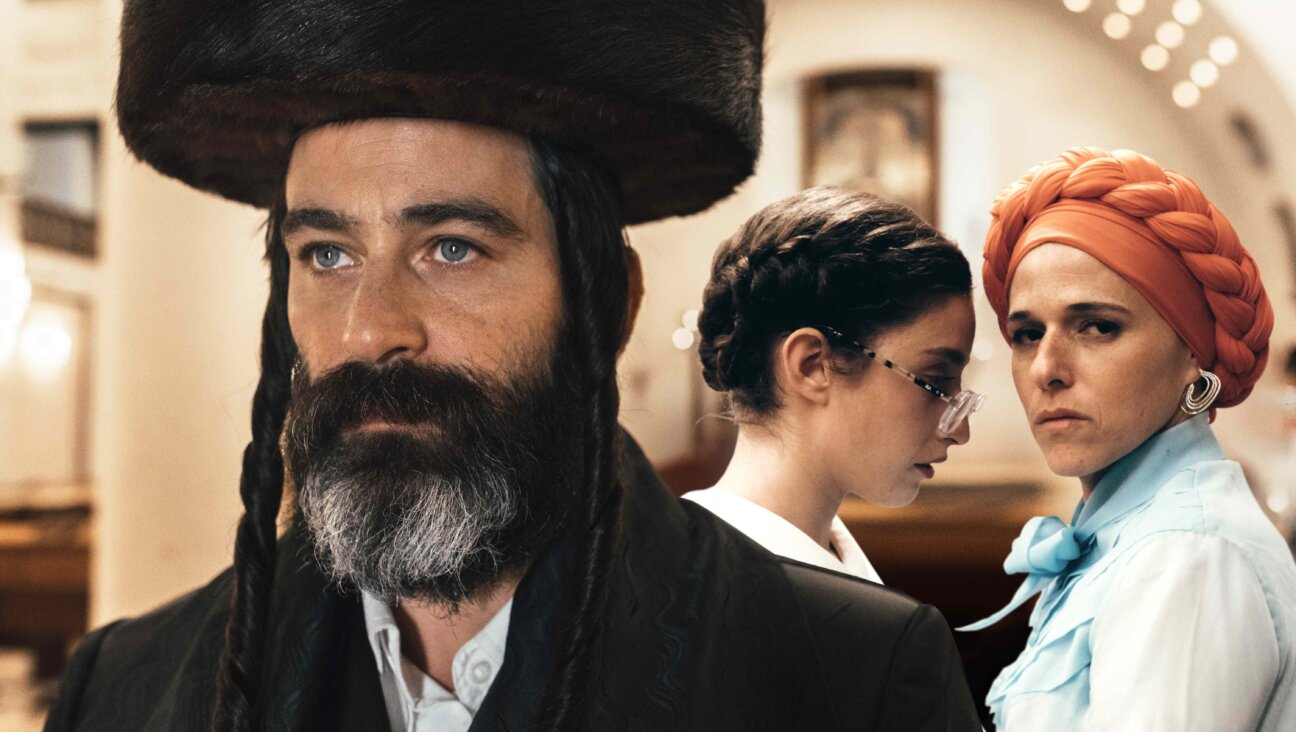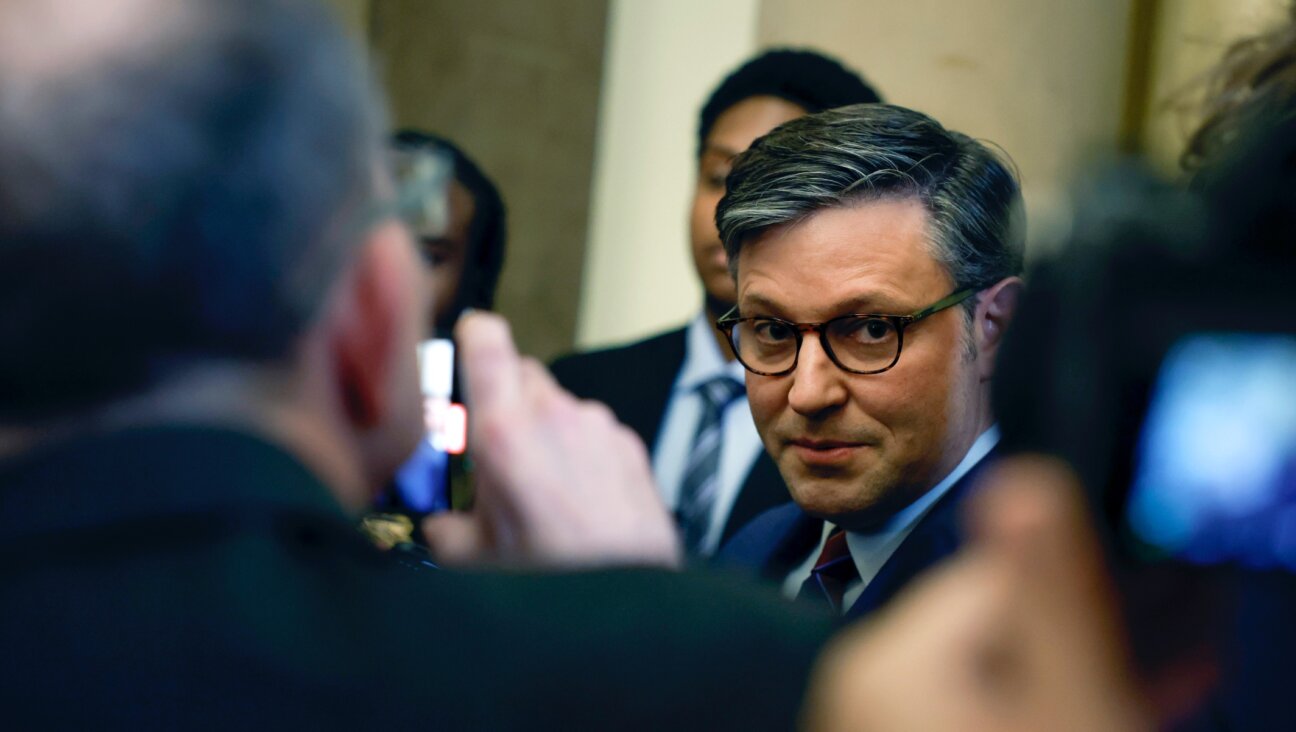After the Singing
After the waters have rolled over them, the men and the horses, one face floats up, a helmet stamped with the royal seal still tangled in his floating hair. The eyes open, and he speaks.
“I have a question.”
No reply.
“Why did you — ” He stops himself, begins again: “Back when the brothers first came to me with their petitions, I was not unmoved. I couldn’t reveal this in court, of course, but afterward, sitting alone out by the pools, in the slanting light so beautiful that even a god might wish to be a man, I more than once determined to give them what they asked.”
No reply.
“You have to understand: This was not entirely, or even initially, because of the plagues. They concerned me, I admit, for the sake of the people and, yes, my own power.” He nods curtly — or thinks he does — too proud to deny self-interest.
“But the truth is, when a nation runs on slave labor, letting 600,000 of them simply walk away presents difficulties, economic and political. That I even considered it (plagues or not) at a moment in history when no one at all was writing emancipation proclamations — not even yourself in Leviticus — bespeaks, wouldn’t you say, a certain enlightenment?”
Still no reply.
“I say this not to justify my later actions — or inactions —but so that you understand the risks I ran.” He wonders for a moment why he cares at all what this other understands, but then his mind runs on.
“Despite all that, I had determined to let them go — more than once, as I say — yet when the time arrived, something seemed to come over me, a change of mood,” uncharacteristic, he thinks, in a real leader, “and instead of saying yes, I said no.”
He pauses, not waiting for a response this time, but puzzled by the very account he is giving.
“Indeed, even as I spoke and refused them what I had earlier promised, I wanted to take back the words, reverse myself again and give them what they asked. And I might have done it if it wouldn’t have fatally weakened me in the eyes of the court, encouraging my rivals.” He almost smiles, “An absolute monarchy is never as absolute as it sounds.”
He starts, as if reacting to an unheard remark: “You think I should have sacrificed my power and let them go anyway, betrayed my people for your people, embraced a notion of freedom that no one in the known world fathomed, save perhaps the brothers and myself. But even if I’d wanted to, it wouldn’t have worked. The moment I was off the throne, my successor would have hauled them back, oppressed them further.… You have no idea how difficult power is,” quickly adding, “limited power. Infinite power must be different,” muttering under his breath, “if there is such a thing.”
His own power had seemed infinite once.
“But I never had that. And what I had could be kept only by making every decision in the service of maintaining it.” He grimaces, “In which case you might say I had no power at all.”
He trails off. His thoughts have become vague, prolix. He no longer believes them himself. Is he saying he had to enslave the Israelites to retain power because only he could let them go? In fact, they had left despite all his power and his efforts to stop them. In the end they hadn’t needed him at all. Wasn’t that the point? He looked at the bodies floating all around him, the sea now truly red.
“What I want to know,” he said, bearing down, “is why I didn’t let them go. I’d meant to, and then I didn’t. My mind changed or, you might say, my heart hardened.” He thought of a tree, all the sap dried out of it. “Why did it harden?”
He waits, but no answer is forthcoming, neither out of the sky above, nor from the watery depths. All he hears is what sounds like the creaking of rusted machinery.
“Then I’ll tell you,” he says at last. “Because if I had let them go, I would have brought them out of Egypt, I and not You. That is why you hardened my heart, isn’t, it, so you could be their Rock and their Redeemer.”
He no longer expects a reply, yet now the water lapping softly at his armor begins to sound like words.
If I hardened your heart, the waves seem to say, I must have softened it, too. How else would you explain that incongruous impulse to let them go that you accuse Me of frustrating? But if the impulse was your own, the failure to carry it through must be yours as well.
“Does that mean,” the dead man asks with a smile, “that when it is written, but God hardened his heart… the God referred to is myself?”
The waves had nothing more to say, but he found himself thinking that he had been a god once, at war with a rival. Had he let the Israelites go, he would have defeated their God, rendered Him an irrelevant supposition: invisible, silent and ultimately forgotten. In which case, perhaps he himself would be up there in the clouds or down beneath the sea. But as it was he was only a man floating between them, and a dead one at that.
Henry Bean is a writer living in New York.

I hope you appreciated this article. Before you go, I’d like to ask you to please support the Forward’s award-winning journalism this Passover.
In this age of misinformation, our work is needed like never before. We report on the news that matters most to American Jews, driven by truth, not ideology.
At a time when newsrooms are closing or cutting back, the Forward has removed its paywall. That means for the first time in our 126-year history, Forward journalism is free to everyone, everywhere. With an ongoing war, rising antisemitism, and a flood of disinformation that may affect the upcoming election, we believe that free and open access to Jewish journalism is imperative.
Readers like you make it all possible. Right now, we’re in the middle of our Passover Pledge Drive and we need 500 people to step up and make a gift to sustain our trustworthy, independent journalism.
Make a gift of any size and become a Forward member today. You’ll support our mission to tell the American Jewish story fully and fairly.
— Rachel Fishman Feddersen, Publisher and CEO
Join our mission to tell the Jewish story fully and fairly.
Our Goal: 500 gifts during our Passover Pledge Drive!
























